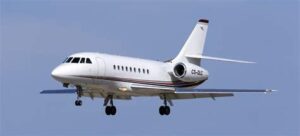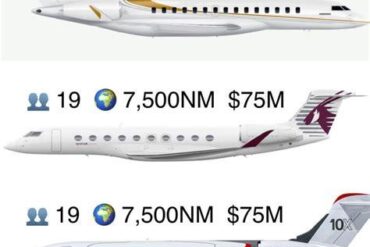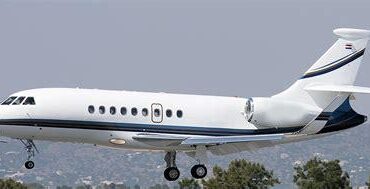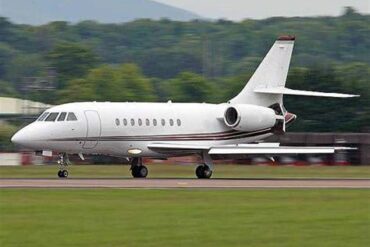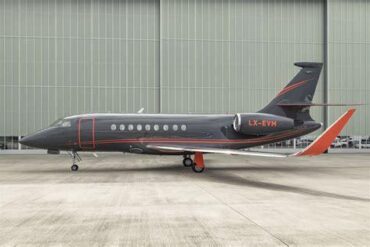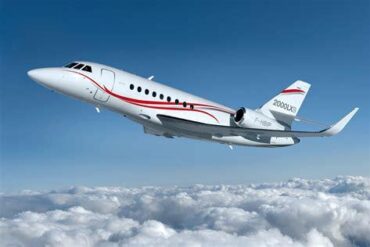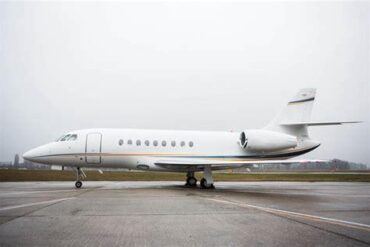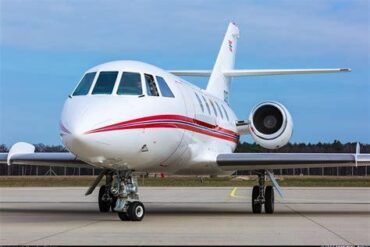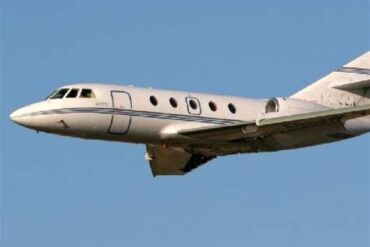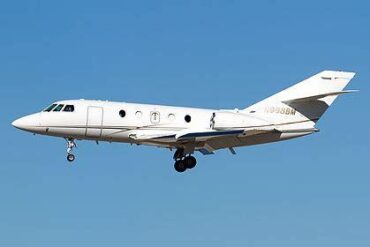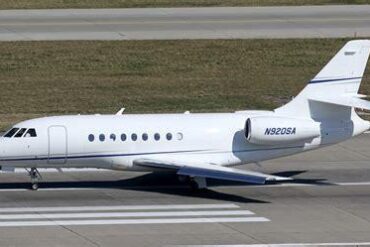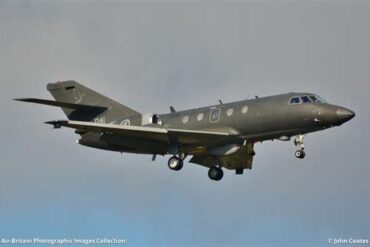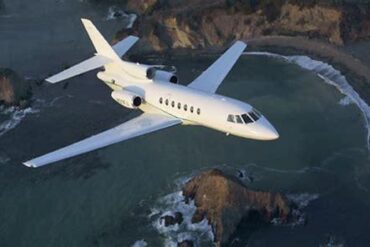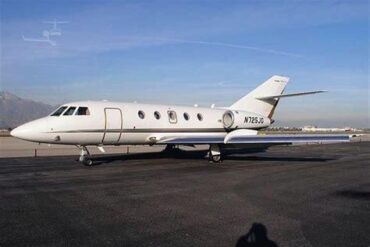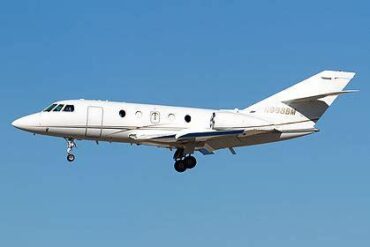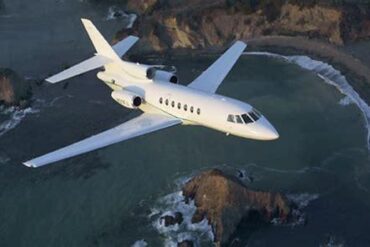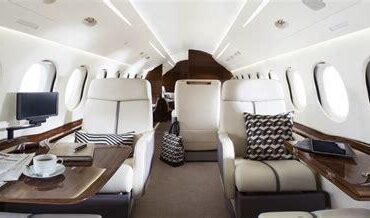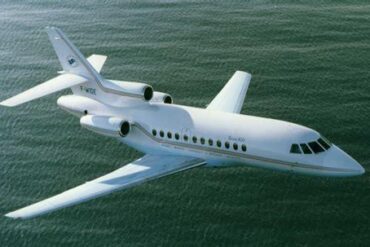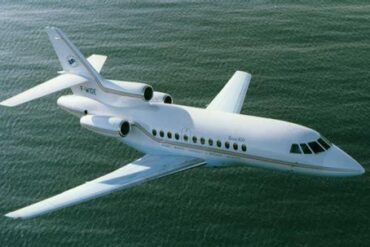Overview of the Dassault Falcon 2000
The Falcon 2000 was introduced in the late 1990s and quickly became popular due to its unique blend of speed, range, and cabin comfort. Designed for long-range travel, this aircraft features a twin-engine configuration and can accommodate up to 10 passengers comfortably. The aircraft’s cabin boasts a spacious layout, sophisticated amenities, and advanced technology, making it an ideal choice for both business and leisure travel.
Initial Purchase Price
The purchase price of a new Dassault Falcon 2000 typically ranges from $25 million to $30 million. However, various factors can influence the final cost, including customizations, optional features, and market conditions. Buyers interested in acquiring a pre-owned Falcon 2000 can expect prices to vary significantly based on the aircraft’s age, condition, and maintenance history, generally falling between $5 million and $15 million.
Financing Options
When considering the acquisition of a Falcon 2000, prospective buyers should explore various financing options. These may include traditional bank loans, leasing agreements, or specialized aviation financing companies. Each option has its own set of advantages and disadvantages, and selecting the right one is crucial to optimizing cash flow and managing overall costs.
Factors Influencing Purchase Price
Several factors can impact the purchase price of a Falcon 2000:
-
Aircraft Age: Newer models typically command higher prices due to updated technology and warranties.
-
Flight Hours: Aircraft with fewer flight hours often have higher resale values.
-
Customization: Personalized interiors and advanced avionics can significantly increase the cost.
-
Market Demand: Fluctuations in demand for business jets can lead to price changes.
Operating Costs Overview
Understanding the operating costs associated with the Falcon 2000 is essential for prospective owners. These costs include fuel, maintenance, insurance, crew salaries, and other operational expenses. On average, the operating costs for the Falcon 2000 range from $1,500 to $2,500 per hour, depending on usage and management practices.
Breakdown of Operating Costs
1. Fuel Costs
Fuel costs are one of the most significant components of operating expenses. The Falcon 2000 burns approximately 180 gallons of fuel per hour. With average fuel prices hovering around $5 per gallon, fuel costs can amount to $900 per hour. This figure can vary based on the aircraft’s weight, altitude, and flight profile.
2. Maintenance Costs
Regular maintenance is critical for ensuring safety and performance. Maintenance costs for the Falcon 2000 are generally estimated at $200,000 to $300,000 annually. This includes routine inspections, parts replacement, and labor costs. Adhering to the manufacturer’s recommended maintenance schedule can help mitigate unexpected expenses.
3. Insurance Costs
Insurance is another essential expense for Falcon 2000 owners. Depending on factors such as the owner’s flying experience, the aircraft’s value, and the coverage level, annual insurance premiums can range from $30,000 to $50,000. It’s advisable to consult with specialized aviation insurance brokers to obtain the best coverage options.
4. Crew Salaries
For those who prefer to employ professional crew members, salaries must be considered. A typical flight crew for the Falcon 2000 consists of a pilot and co-pilot, with combined salaries ranging from $150,000 to $250,000 annually, depending on experience and qualifications.
5. Hangar Fees
Storing the Falcon 2000 in a hangar is another cost to consider. Hangar fees vary widely based on location but can average around $1,000 to $3,000 per month. Choosing a hangar in an area with lower demand can help reduce this expense.
Cost-Effective Management Strategies
To optimize operating costs, Falcon 2000 owners can implement several cost-effective management strategies:
-
Flight Planning: Utilizing flight planning software can enhance route efficiency, reducing fuel consumption.
-
Preventive Maintenance: Staying ahead of maintenance needs can prevent costly repairs and downtime.
-
Owner-Operator Model: Some owners choose to operate their aircraft themselves, eliminating crew salaries.
-
Shared Ownership: Exploring shared ownership arrangements can lower costs while still enjoying the benefits of the Falcon 2000.
Resale Value Considerations
When investing in a Falcon 2000, understanding its resale value is crucial. Typically, business jets depreciate at a rate of 5-10% per year. However, the Falcon 2000 has historically maintained a relatively stable resale value due to its popularity and reputation for quality. Keeping the aircraft well-maintained and updated with modern avionics can enhance its appeal to future buyers.
Conclusion
The Dassault Falcon 2000 presents a compelling option for those seeking a reliable and luxurious business jet. With an initial purchase price ranging from $5 million to $30 million and operating costs averaging between $1,500 and $2,500 per hour, prospective buyers should conduct thorough research and financial planning. By understanding the various costs associated with ownership and implementing strategic management practices, owners can maximize the value of their investment in this exceptional aircraft.
